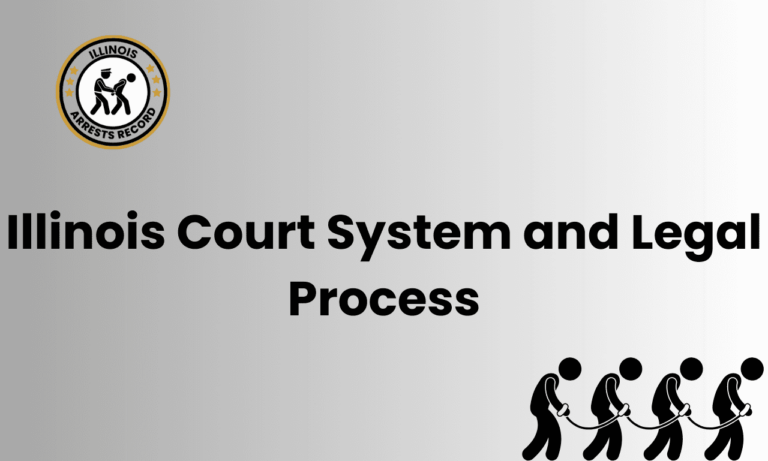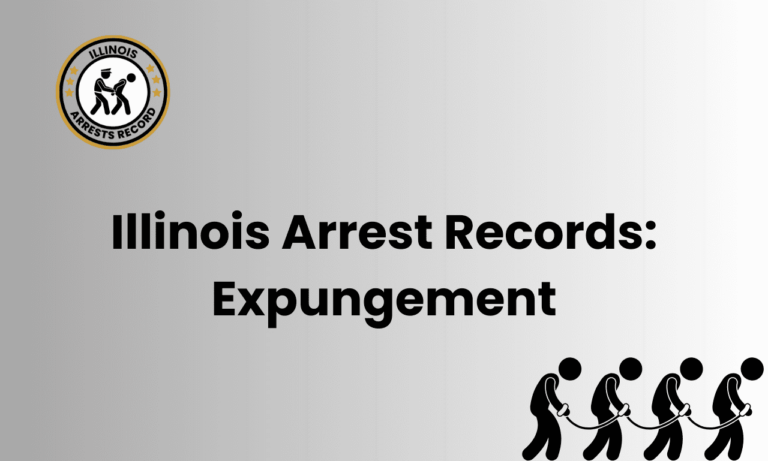Self-Defense Laws in Illinois
Illinois, a state in the United States, has its own set of self-defense laws that are crucial for residents to understand. These laws outline the rights and responsibilities individuals have when it comes to protecting themselves and others from harm. Whether you’re a long-time resident or new to the state, it’s essential to have a solid grasp of these laws to ensure your safety and legal compliance.
Self-defense laws in Illinois are designed to strike a balance between allowing individuals to protect themselves and preventing the unnecessary use of force. Understanding when and how you can legally defend yourself is of utmost importance, as it can mean the difference between being a victim and successfully defending yourself in a dangerous situation. In this introduction, we will delve into the key aspects of self-defense laws in Illinois, equipping you with the knowledge you need to navigate these laws confidently and responsibly.
Understanding Self-Defense Laws in Illinois
When it comes to ensuring your safety and legal compliance, having a solid grasp of self-defense laws in Illinois is essential. These laws outline the rights and responsibilities individuals have when it comes to protecting themselves and others from harm.
Striking a Balance Between Protection and Force
Self-defense laws in Illinois are designed to strike a balance between allowing individuals to protect themselves and preventing the unnecessary use of force. Understanding when and how you can legally defend yourself is of utmost importance, as it can mean the difference between being a victim and successfully defending yourself in a dangerous situation.
Key Aspects of Self-Defense Laws
Exploring the key aspects of self-defense laws in Illinois will equip you with the knowledge you need to navigate these laws confidently and responsibly. Let’s delve into some of the important points:
Imminent Threat
One crucial aspect of self-defense laws in Illinois is the requirement of an imminent threat. This means that you can only legally use force to defend yourself if you reasonably believe that you are in immediate danger of harm.
Proportional Force
Another important principle is the requirement of proportional force. This means that the force you use in self-defense must be proportionate to the threat you are facing. Using excessive force can lead to legal consequences.
Stand Your Ground
Illinois follows the “stand your ground” doctrine, which means that you have no duty to retreat before using force in self-defense. However, there are exceptions to this rule, such as when you are the initial aggressor or if you are engaged in criminal activity.
Castle Doctrine
The Castle Doctrine is another vital aspect of self-defense laws in Illinois. It allows individuals to use force, including deadly force, to defend themselves or others in their own home or other dwellings, such as their car or workplace.
Responsibly Navigating Self-Defense Laws
As you navigate self-defense laws in Illinois, it is crucial to act responsibly. Remember, these laws exist to protect individuals and ensure their safety. By understanding the key aspects and applying them prudently, you can confidently protect yourself and others while staying within the boundaries of the law.
FAQ’s
What are self-defense laws?
Self-defense laws in Illinois are legal provisions that outline the rights and responsibilities of individuals when it comes to protecting themselves and others from harm. These laws ensure that individuals have the necessary legal framework to defend themselves in dangerous situations.
What is the purpose of self-defense laws in Illinois?
The purpose of self-defense laws in Illinois is to strike a balance between allowing individuals to protect themselves and preventing the unnecessary use of force. These laws aim to ensure that individuals have the right to defend themselves, while also preventing the escalation of violence and promoting public safety.
When can I legally defend myself in Illinois?
In Illinois, you can legally defend yourself when you reasonably believe that you or someone else is in imminent danger of being harmed or killed. The use of force must be necessary and proportionate to the threat faced, and you must have exhausted all other reasonable options before resorting to self-defense.
What is the “duty to retreat” in Illinois?
Illinois has a “duty to retreat” principle, which means that you have a legal obligation to first attempt to retreat or avoid the danger, if possible, before using force to defend yourself. However, you are not required to retreat if you are in your own home or other private property.
Can I use deadly force to defend myself in Illinois?
Under certain circumstances, you can use deadly force to defend yourself in Illinois. Deadly force may be justified if you reasonably believe that it is necessary to prevent imminent death or great bodily harm to yourself or another person. However, the use of deadly force should always be a last resort.







